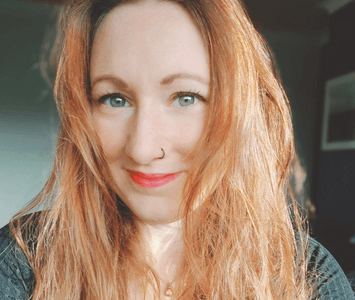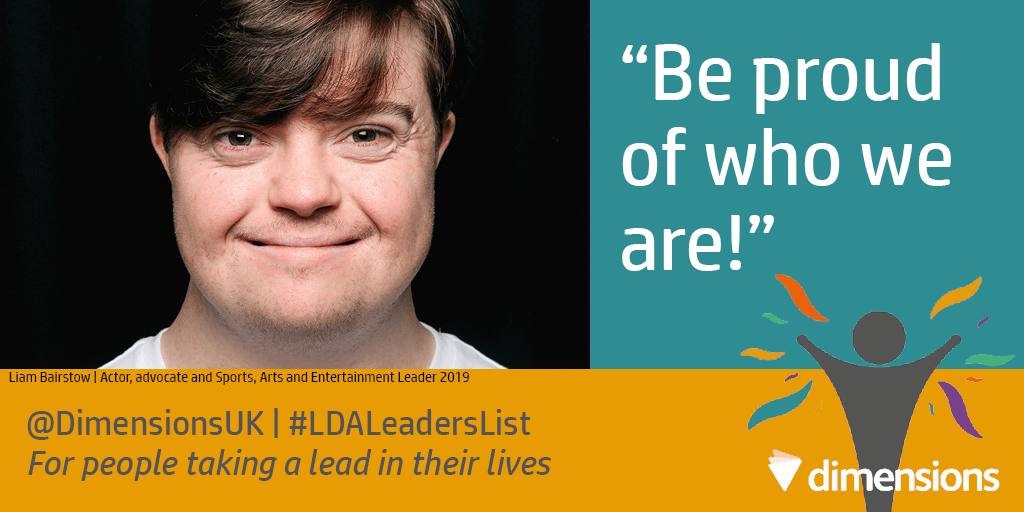Hannah Butcher: When barriers become potential
Hannah is a 2022 Leaders’ List winner. Born in Cambridgeshire, Hannah grew up in Toronto, Canada and now lives in Newbury, Berkshire. She is currently the MD of an E-commerce/SEO marketing agency called Re:Signal. Hannah was diagnosed with autism earlier this year at the age of 34.

For years, Hannah couldn’t understand why she didn’t fit in at work. She was struggling to figure out what was holding her back and, as a result, moved around 15 different roles in a 12-year period.
She came to realise the fact that she experienced things that others didn’t experience was OK.
She knew something was wrong. Hannah asked herself over and over why she didn’t seem to meet the expectations of the seemingly standardised workplace culture, realising it was something other than just her natural “quirky” character.
In her late 20s, Hannah began to recognise that she had a neurodivergence, but it took until she was 34, just a matter of months ago in 2022, when she received an answer to the questions she had asked herself for years. She received an autism diagnosis.
Late diagnosis
Most commonly individuals will receive a diagnosis of autism in childhood, but for many women, Hannah’s path is not an unusual one. The National Autistic Society confirms what has become increasingly widely publicised in recent years – there is a significant gender diagnosis gap. For many women, it is often far later into adulthood that they receive answers, and many have to wait years going through arduous steps within the healthcare system before a diagnosis is given.

In part, this is because there has been an historic, enduring lack of understanding about how autism presents in women, the belief that there is a higher prevalence of autism in males and the reality that “autism traits” in girls go under-reported by parents and teachers (via NAS).
For some individuals, diagnosis can bring feelings of worry, but for others – often those diagnosed late in life – it can be liberating. For Hannah, it became an immense source of inspiration. She came to realise the fact that she experienced things that others didn’t experience was OK – as a result, she sought to share this message and help others gain support.
Using Hannah’s experience for good…
The obstacles Hannah experienced during her life prior to receiving a diagnosis made her want to help others and help to make workplaces more accessible and appreciative of people’s differences.
Since joining Re:Signal, Hannah has brought in three people with autism – she sees the challenges they face but can look past barriers to their potential, recognising often exceptional talent for creativity.

“Being in the position I am in is a great success for someone with autism. I want to use it for the benefit of others. There is no point having success unless you elevate others along the way and support diversity and inclusion.”
To further spread this message, Hannah has led several conference talks, keynoted two major talks and launched a podcast series to help tackle a lack of understanding and support across the industry.
She’s also been an important support system to individuals, with many people having approached her while seeking their own diagnosis, saying that they may not have known unless they’d seen similar signs in themselves. Hannah has also provided advice and guidance for parents of autistic children.











